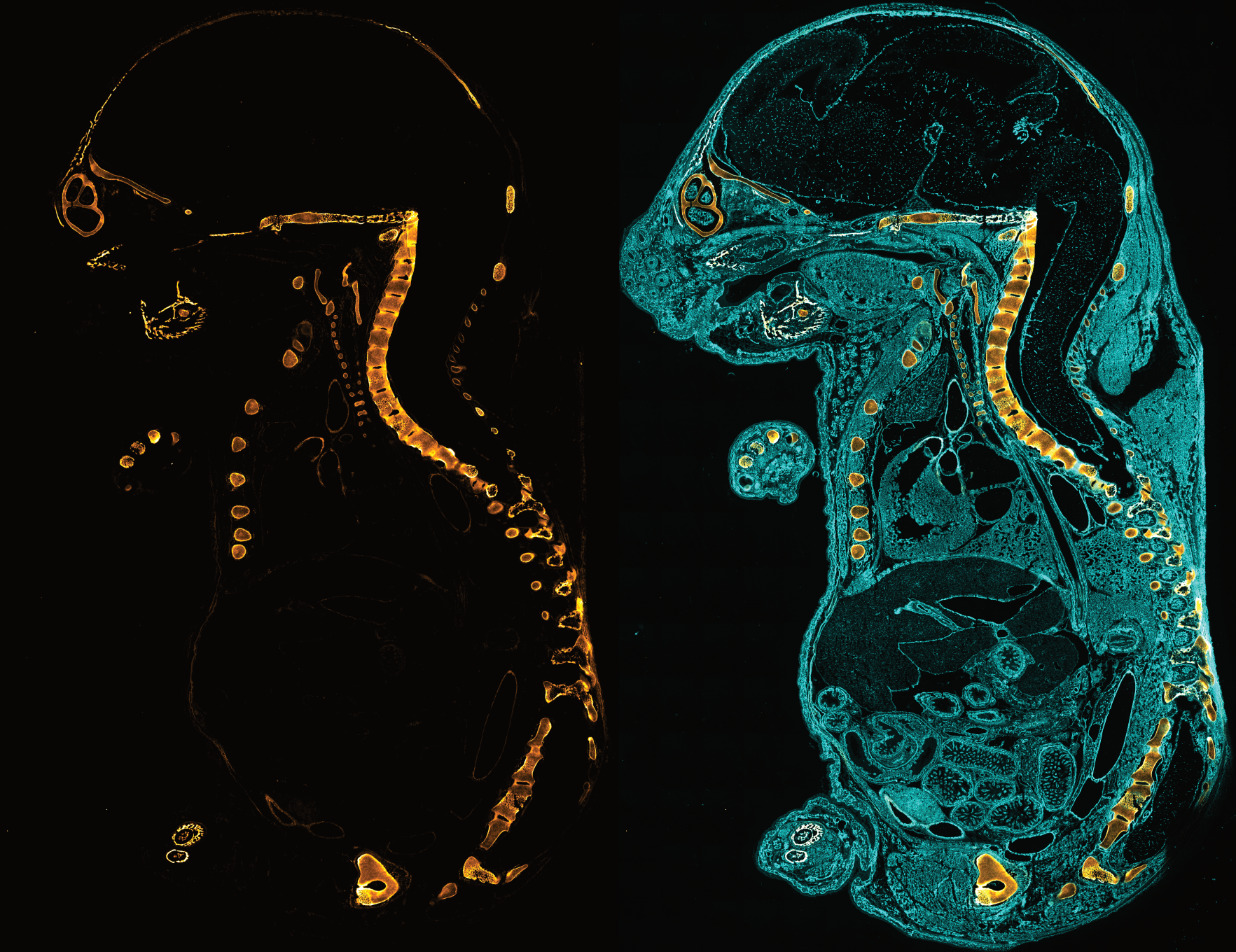Introduction
Non-alcoholic Steatohepatitis (NASH) is a nonalcoholic fatty liver disease (NAFLD) in which inflammation and liver damage accompany fat accumulation. NASH is a disease defined by its high heterogeneity: NASH progression is not linear between stages, patients, nor endpoints, complicating clinical trial design and disease management. Collagen Hybridizing Peptides (CHPs) bind to damaged & remodeling collagen, a direct indicator of fibrotic activity, to enable researchers to overcome challenges posed by NASH.
Citations
Nishi, Kotaro, et al. "A thioacetamide-induced liver fibrosis model for pre-clinical studies in microminipig." Scientific Reports 13.1 (2023): 14996.
Reißing, Johanna, et al. "Th2 cell activation in chronic liver disease is driven by local IL33 and contributes to IL13-dependent fibrogenesis." Cellular and Molecular Gastroenterology and Hepatology 17.4 (2024): 517-538.
Kimura, Takefumi, et al. "Thrombospondin 2 is a key determinant of fibrogenesis in non‐alcoholic fatty liver disease." Liver International 44.2 (2024): 483-496.
Liao, Xiaomin, et al. "LncRNA-Gm9866 promotes liver fibrosis by activating TGFβ/Smad signaling via targeting Fam98b." Journal of Translational Medicine 21.1 (2023): 778.
Jaramillo, Catalina, et al. "Quantitative liver fibrosis using collagen hybridizing peptide to predict native liver survival in biliary atresia: a pilot study." Journal of Pediatric Gastroenterology and Nutrition 70.1 (2020): 87-92.
- Choosing a selection results in a full page refresh.










